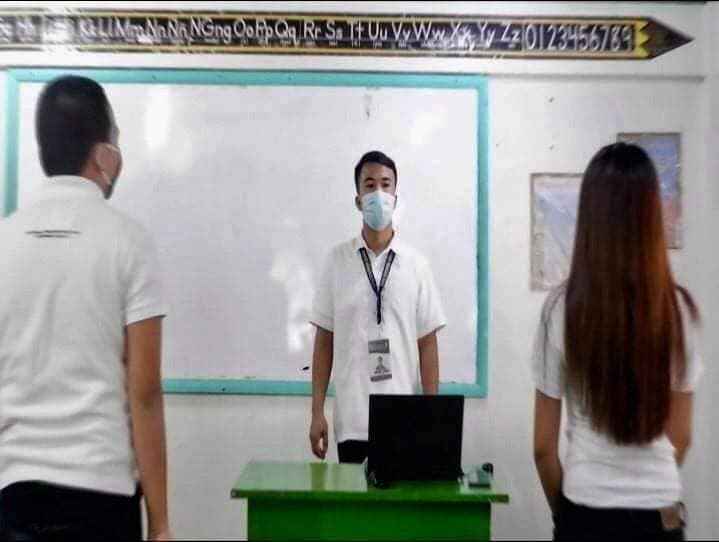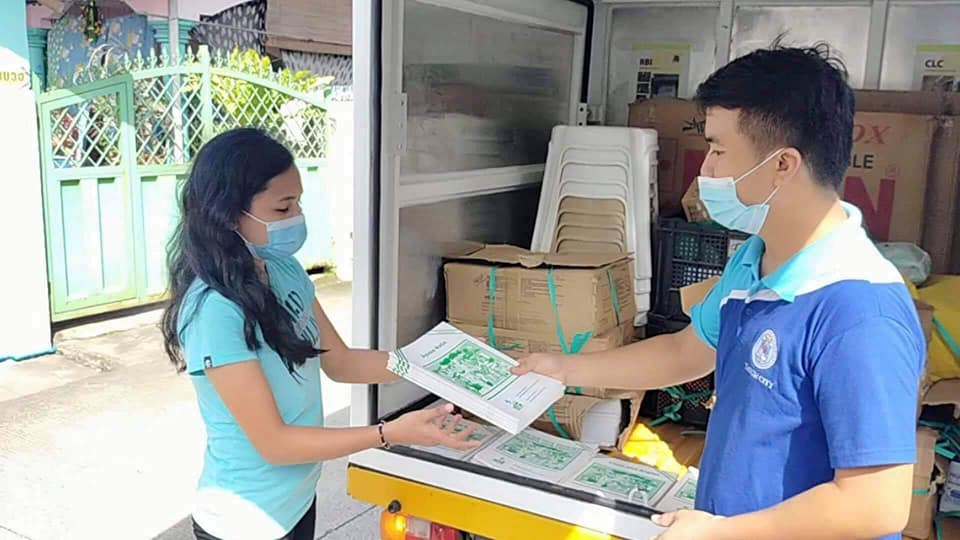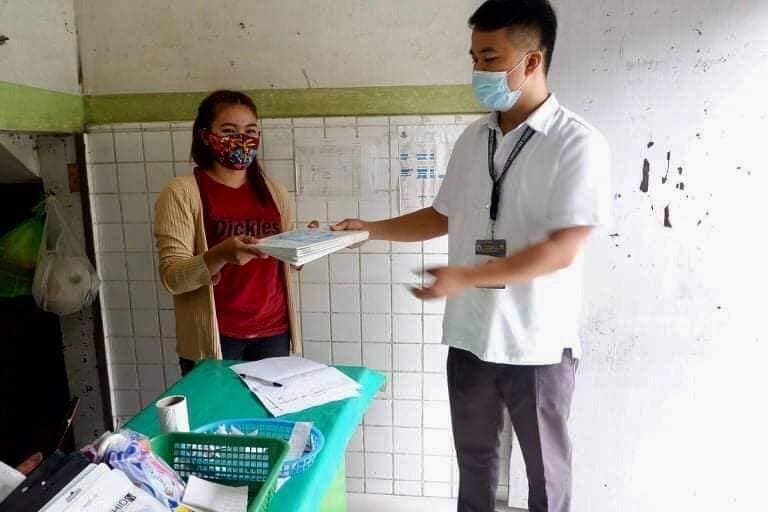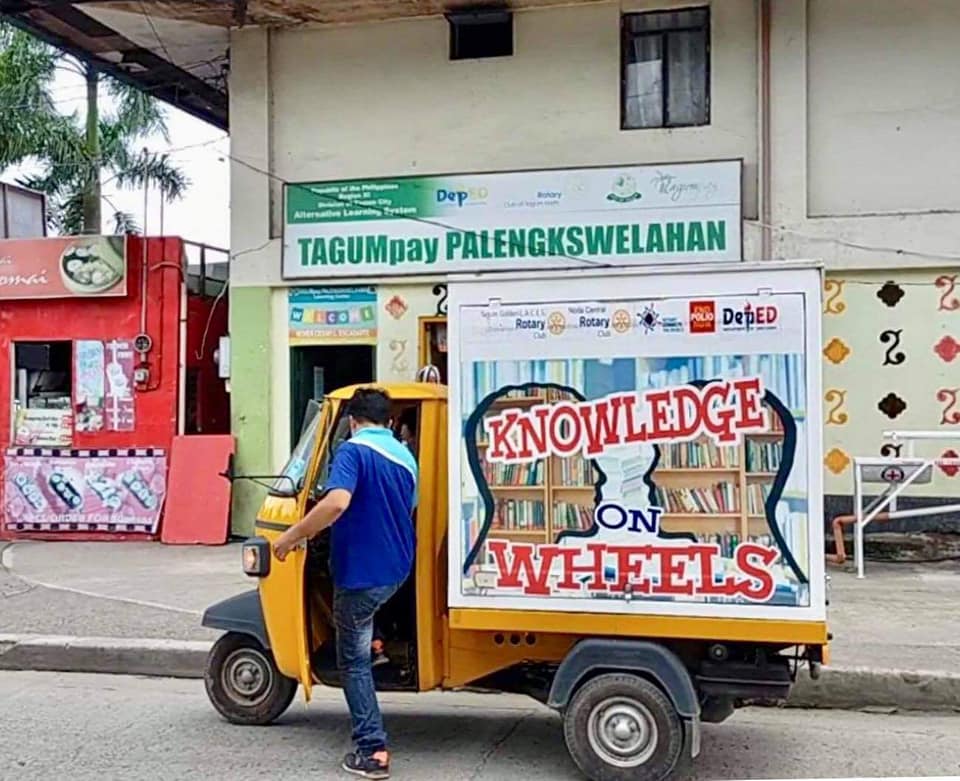As landmark of best practices and innovations in the implementation of Alternative Learning System (ALS) Program, “Palengskwelahan sa Tagum” set the bar high for class readiness as the National Literacy Coordinating Council featured the program during the National Kick off Ceremony on Readiness of Classes based on dry runs and simulations, Dr. Maricel Langgahid, Regional Supervisor in ALS, said.
What made ALS Learning Continuity Plan of Tagum City rise to the limelight is the utilization of online applications from enrollment, social advocacies up to the implementation of instruction enabling ALS to create virtual classes accessible to Tagumenyos even to those working abroad.
The setup where modular learning shifted to online modality enabled parent-learners to study together at the comfort of their homes, added with the integration of Korean language in the ALS curriculum which caused the spike in the number of learners.
Palengskwelahan has always been a recipient of the unending support from the Local Government Unit as it received funding, trainings, capacity-building activities, and even equipment from Economic Enterprise Office together with other stakeholders like University of Mindanao Tagum College and Rotary Club of Tagum North.
Palengskwelahan, a best practice distinct to Tagum City, was established in 2005 spearheaded by former Schools Division Superintendent Dr. Nenita E. Lumaad with Dr. Leila Ibita as the ALS Focal Person, and former City Mayor Rey T. Uy with the active support and participation of the present Mayor, Hon. Allan L. Rellon, a city councilor then during that period.
Palengskwelahan, originally catering learners working at the market, was recognized by United Nations Educational, Scientific and Cultural Organization (UNESCO) during its bid for the International Literacy Prize in 2011.
The national kick off on the readiness of opening of classes is an organized activity of the Department showcasing the dry runs and simulations of the Learning Center, the equipment used, learning delivery mode highlighting the modular approach wherein the knowledge on wheels are used to deliver and retrieve the ALS modules to the learners.
By Anwar Maadel and Harley Aglosolos





